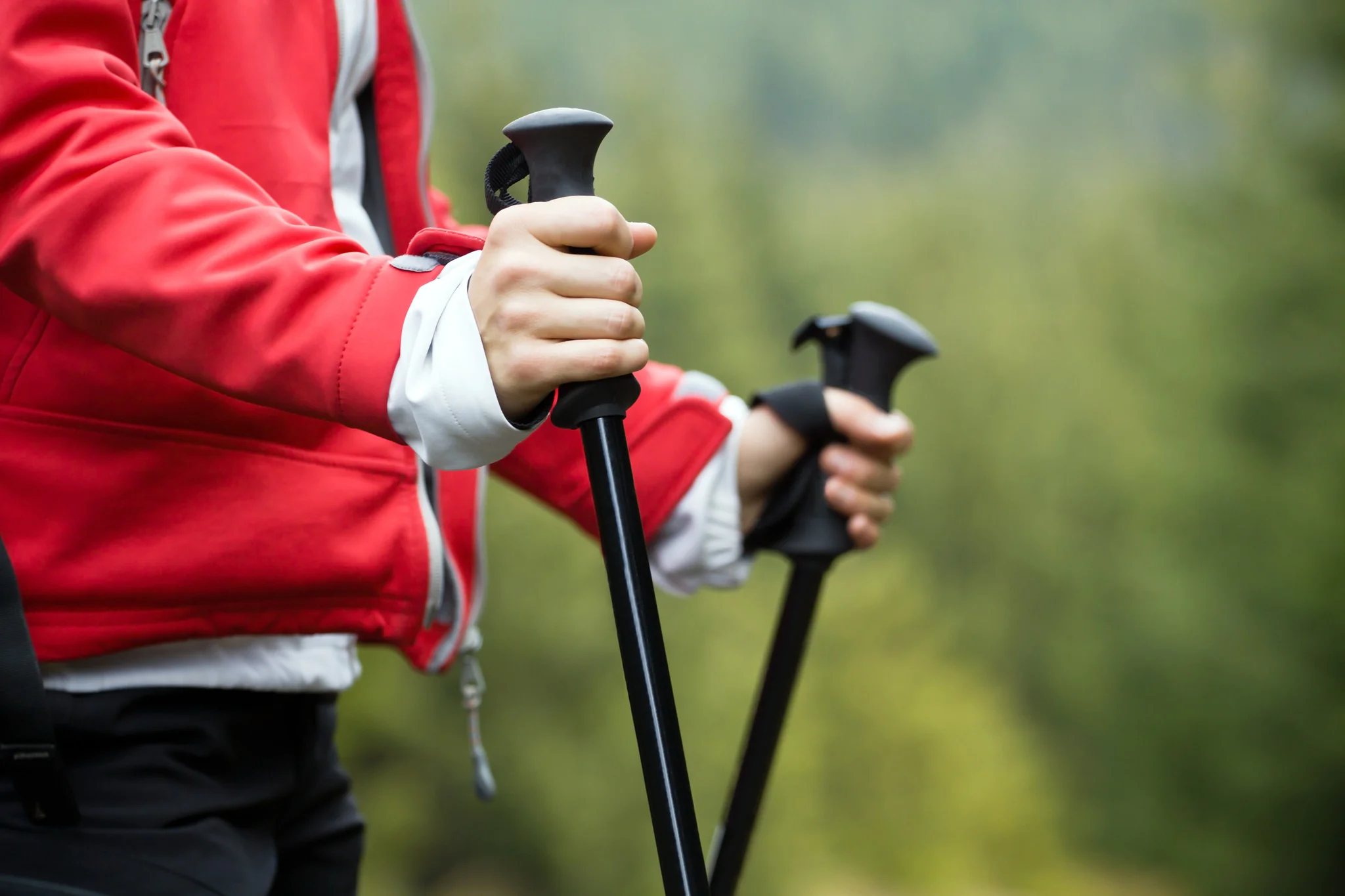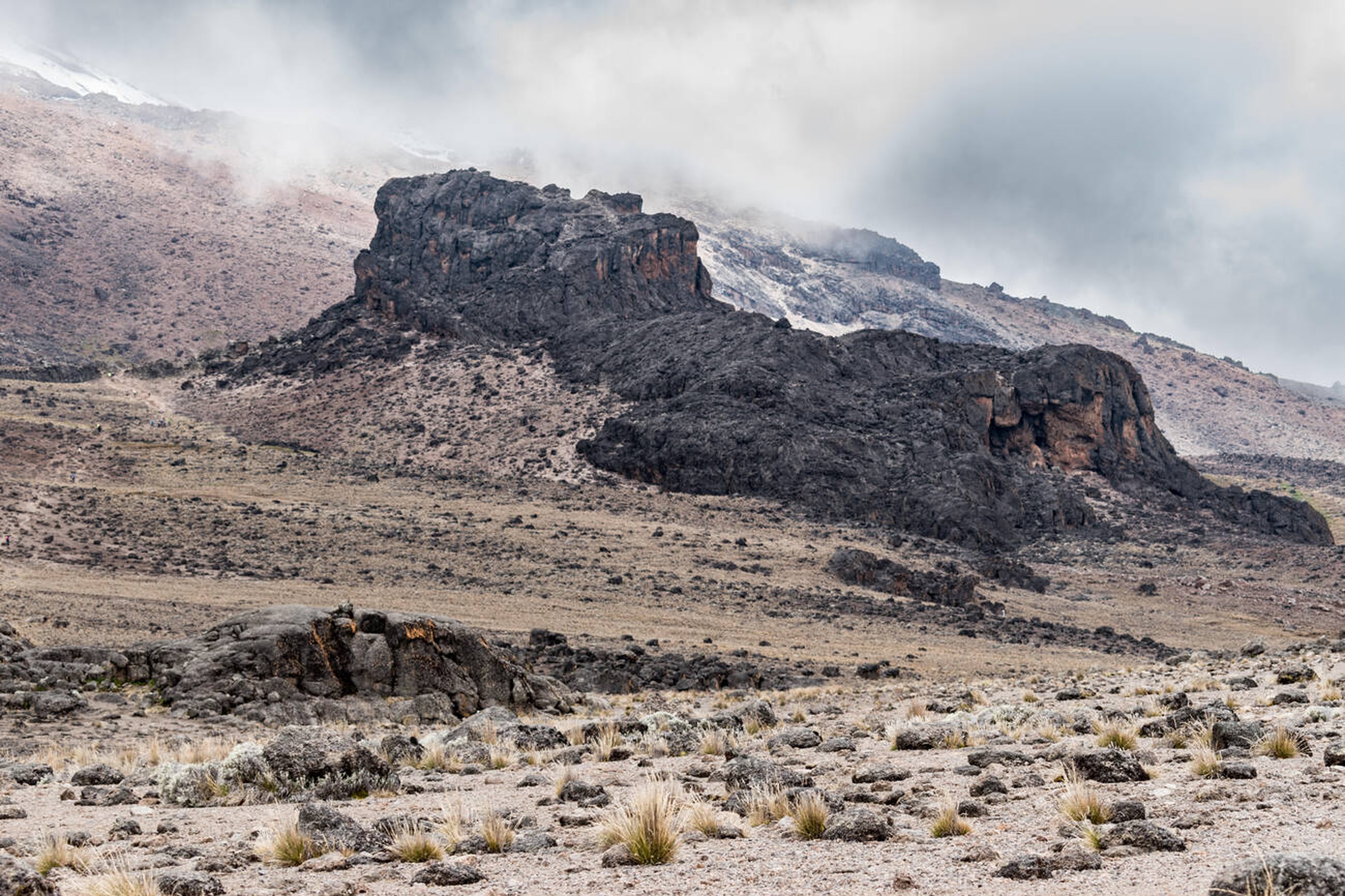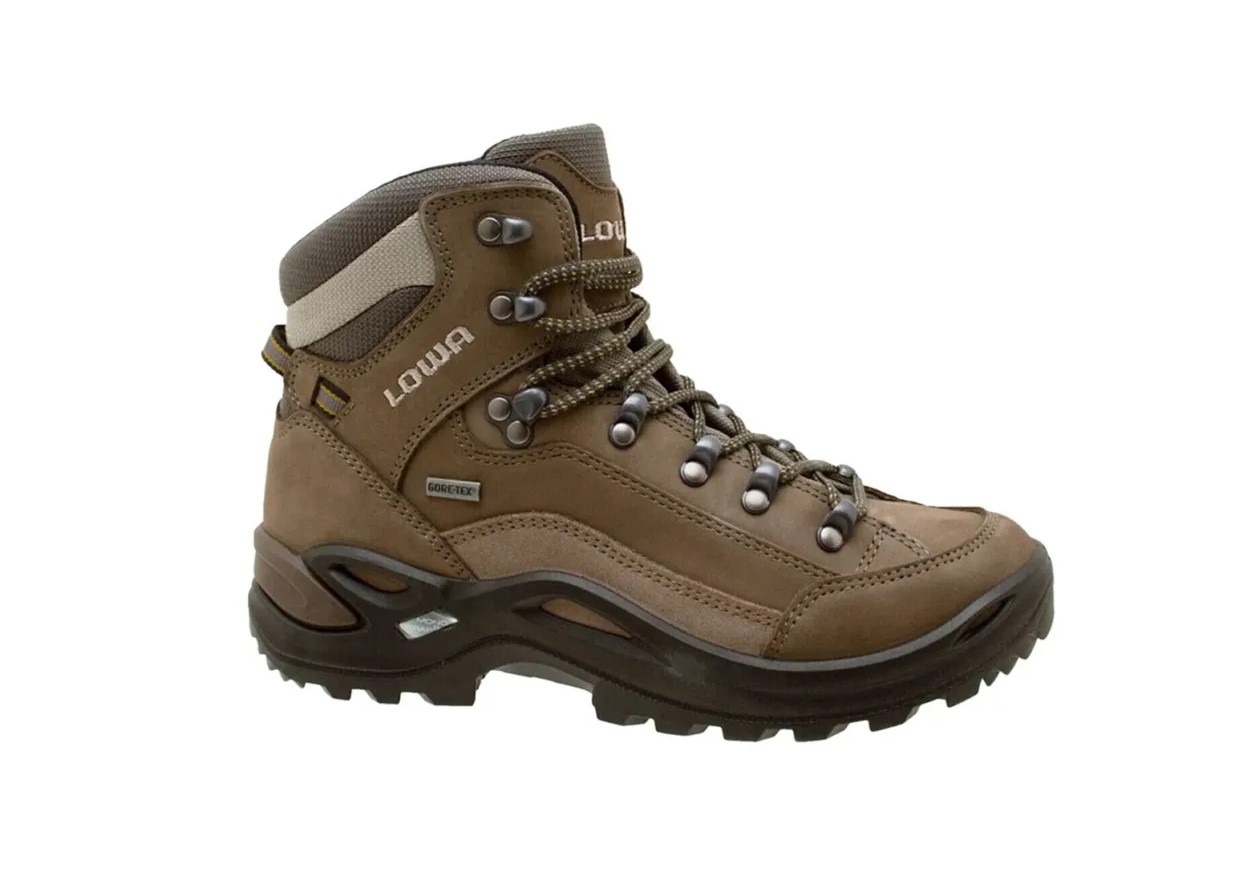Why Consider a Personal Porter for Kilimanjaro?
Climbing Mount Kilimanjaro (5,895m/19,341ft) is a bucket-list adventure, but its physical demands—altitude, long hikes, and cold summit nights—can be daunting. A personal porter can lighten your load and enhance your experience. Kilisherpas Travel, with a 95%+ summit success rate across 20,000+ ascents since 2021, breaks down what personal porters do, why they’re valuable, and whether you need one for your 2025 climb.
What Does a Personal Porter Do?
Unlike general porters who carry group supplies (tents, food, portable toilets), a personal porter is dedicated to your individual needs:
- Carries Your Daypack: Handles your 5–10kg (10–20lb) daypack, reducing physical strain over 6–9 days.
- Provides Encouragement: Offers motivation, especially on summit night (12–14 hours), with smiles, songs, and support.
- Cultural Connection: Shares insights into Tanzanian (e.g., Chagga) culture, enriching your journey.
- Assists with Needs: Reminds you to hydrate, suggests breaks, and helps with small tasks (e.g., adjusting gear).
- Experience: Seasoned porters, familiar with routes like Lemosho or Machame, know the mountain’s challenges.
Why Hire a Personal Porter?
Benefits
- Increases Summit Success:
- Less weight means less fatigue, preserving energy for summit night (see Success Guide).
- Kilisherpas’ 8-day Lemosho route with personal porters achieves a 95%+ success rate.
- Reduces Physical Strain:
- Carrying only essentials (e.g., water, snacks) eases strain on knees and back, especially on steep sections like Barranco Wall.
- Boosts Morale:
- Personal porters provide companionship and encouragement, countering mental fatigue at high altitudes (4,000m+).
- Cultural Enrichment:
- Learn Swahili phrases, hear local stories, and bond with your porter, enhancing your experience.
- Supports Local Economy:
- Hiring a porter directly supports Tanzanian families and communities reliant on tourism.
Drawbacks
- Added Cost:
- Personal porters cost $150–$250 for a 7–8-day climb.
- Perceived Independence:
- Some climbers feel hiring a porter diminishes their achievement. However, all climbers rely on general porters for tents/food, so personal porters are a natural extension.
- Limited Social Interaction:
- Without a group, you rely on your porter/guide for camaraderie, which may feel less dynamic.
Kilisherpas Tip: Reframe porters as teammates, not detractors. Their support maximizes your summit chances without diminishing your effort.
Do You Really Need a Personal Porter?
The decision depends on your fitness, experience, and goals:
- Who Benefits Most:
- Beginners: Less experienced hikers gain from reduced weight and encouragement.
- Older Climbers (50+): Eases joint strain; many 60+ climbers succeed with porters.
- AMS-Sensitive Climbers: Less physical exertion aids acclimatization (see Success Guide).
- Photographers: Free hands for capturing Shira Plateau or Uhuru Peak.
- Who Might Skip:
- Veteran Trekkers: Fit hikers comfortable with 10–15kg daypacks may not need one.
- Budget Travelers: Save $150–$250 by carrying your own pack, though general porters still handle camp gear.
Is Hiring a Personal Porter Ethical?
Yes, with a KPAP-compliant operator like Kilisherpas Travel:
- Fair Wages: Porters earn competitive salaries, paid directly to bank accounts, with transparent tip distribution ($10–$15/day per porter).
- Proper Gear: Provided with professional clothing, boots, and backpacks.
- Weight Limits: Adhere to 20kg maximum per porter, ensuring safety.
- Meals: Three nutritious meals daily, unlike some budget operators.
- Community Impact: Supports Tanzanian families; tourism is a key economic driver.
Kilisherpas participates in Porter Appreciation Week, celebrating our crew’s vital role.
How to Hire a Personal Porter with Kilisherpas Travel
- Process: Contact our trip managers post-booking to request a personal porter. We select from a vetted database of experienced, English-speaking porters.
- Cost: $150–$250, depending on route (e.g., 8-day Lemosho vs. 6-day Machame).
- Customization: Request porters for solo climbs or small private groups (see Solo Climb Guide).
- Tipping: Budget $10–$15/day for your personal porter, paid at trip’s end in USD/TZS.
Tip: Book early (6–12 months) for peak seasons (July–August, December–February) to secure porters.
Why Climb with Kilisherpas Travel?
- High Success Rate: 95% on 8-day Lemosho with Kosovo Camp, boosted by porter support.
- Ethical Standards: KPAP-compliant, ensuring fair treatment and wages.
- Safety: WFR-certified guides, oxygen, and helicopter evacuation partnerships.
- Support: Gear rentals ($50–$65 for jackets/sleeping bags), training plans, and itinerary advice.
Ready to Climb with a Personal Porter?
A personal porter can elevate your Kilimanjaro experience, increasing summit success and cultural connection. Kilisherpas Travel offers ethical, tailored climbs. Contact us to add a porter, download our Packing List, or explore our hiking tours.


